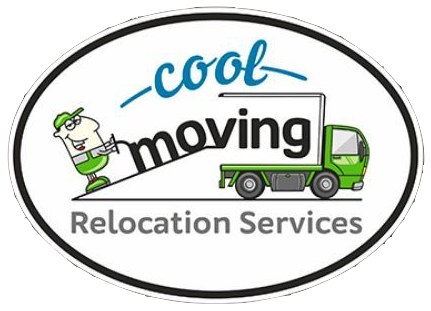Learn how to estimate moving costs accurately with expert tips from CoolMoving. Discover the factors that influence moving expenses and how to budget effectively.
1. Determine the Type of Move
The first step in estimating your moving costs is to determine the type of move you’re planning. Moves can generally be categorized as local, long-distance, or international, each with different cost implications.
- Local Moves: Typically charged by the hour, including the cost of labor, truck rental, and any additional services.
- Long-Distance Moves: Usually based on the weight of your belongings and the distance traveled.
- International Moves: Include additional factors such as customs fees, international shipping, and potential storage costs.
2. Calculate the Volume or Weight of Your Belongings
The volume or weight of your belongings is a significant factor in determining moving costs, especially for long-distance or international moves.
- Inventory Your Items: Create a detailed list of all the items you plan to move. This will help you and the moving company estimate the total volume or weight.
- Use a Moving Calculator: Many moving companies, including CoolMoving, offer online calculators to estimate the volume or weight of your belongings.
3. Consider Additional Services
Additional services, such as packing, unpacking, or storage, can significantly impact the overall cost of your move. It’s essential to consider these when estimating your total expenses.
- Packing and Unpacking: If you prefer to leave the packing to professionals, this service will add to your moving costs. However, it can save you time and ensure that your items are packed securely.
- Storage: If you need temporary storage for your belongings, factor in the cost of renting a storage unit.
- Special Handling: Items like pianos, artwork, or large appliances may require special handling, which can increase costs.
4. Factor in the Distance
For long-distance moves, the distance between your current home and your new location plays a crucial role in determining costs.
- Mileage Rates: Moving companies typically charge based on the distance traveled, with rates varying depending on the region and fuel costs.
- Travel Time: Some companies may also charge for the time it takes to travel between locations, especially if your move involves significant distances.
5. Get Multiple Quotes
One of the best ways to accurately estimate your moving costs is to get quotes from several moving companies. This will give you a better understanding of the market rate and help you find the best deal.
- Request Detailed Quotes: Ask for itemized quotes that break down all the costs, including labor, transportation, packing, and any additional services.
- Compare Services: Don’t just compare prices; consider the range of services offered and the company’s reputation.
6. Consider Insurance and Liability Coverage
Protecting your belongings during a move is essential, and many moving companies offer insurance options to cover any potential damage or loss.
- Basic Coverage: Most moving companies include basic liability coverage in their pricing, which covers a limited amount per pound.
- Full-Value Protection: For more comprehensive coverage, consider purchasing full-value protection, which covers the replacement or repair of damaged items.
7. Budget for Hidden Costs
Moving often comes with unexpected expenses that can catch you off guard if you’re not prepared.
- Tipping Movers: While tipping is not mandatory, it’s customary to tip movers for their hard work, usually 5-10% of the total moving cost.
- Moving Supplies: Don’t forget to budget for packing materials like boxes, tape, and bubble wrap.
- Travel Expenses: If you’re moving long-distance, consider the cost of travel for yourself and your family, including gas, meals, and lodging.
8. Use a Moving Cost Calculator
Many moving companies, including CoolMoving, offer online moving cost calculators. These tools allow you to input details about your move, such as the size of your home, the distance of the move, and any additional services you need, to provide an estimated cost.
- Input Accurate Information: To get the most accurate estimate, provide detailed and accurate information about your move.
- Review the Estimate: Use the estimate as a starting point, but be aware that the final cost may vary based on actual conditions on moving day.
Conclusion
Accurately estimating your moving costs requires careful planning and consideration of various factors. By determining the type of move, calculating the volume of your belongings, factoring in additional services, and getting multiple quotes, you can budget effectively and avoid surprises. At CoolMoving, we’re here to help you navigate the moving process and ensure that your move is as stress-free and affordable as possible.


Recent Comments